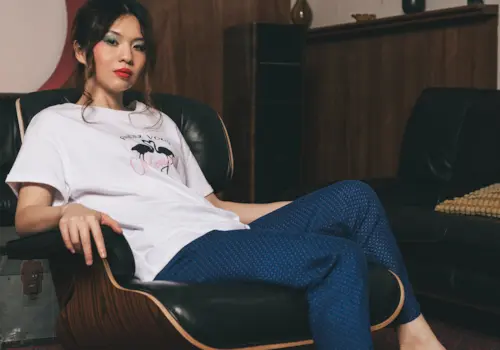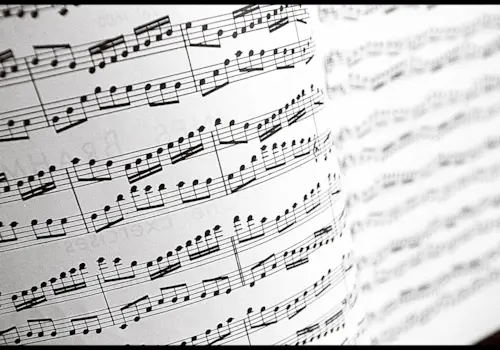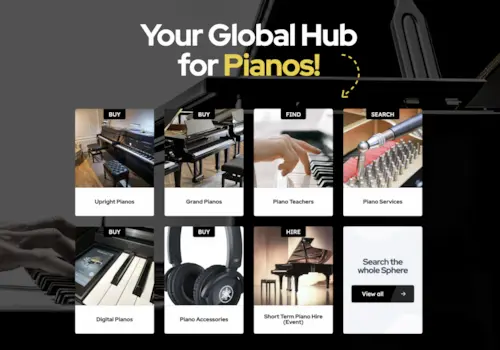21 October 2014
|
A fixture on UK television and radio with his boogie-woogie piano playing, jovial personality, and banter with other musicians, Jools Holland really does love what he plays. Erica Worth meets the high-energy star. Read Part 1 of the interview now.
Part 1 of Erica Worth’s interview with Jools Holland
A fixture on UK television and radio with his boogie-woogie piano playing, jovial personality, and banter with other musicians, Jools Holland really does love what he plays. Erica Worth meets the high-energy star.
It’s a balmy day at the end of summer, and I’m sitting in a tranquil room in a Greenwich recording studio, with not one recording device facing my soon-to-arrive interviewee – but three. Yes, when you’re offered the opportunity to interview Jools for a 20-minute session face-to-face, you come prepared. Jools bounces in, right on time, looking quizzically at my neat row of recording contraptions. In fact, the first thing he says is that he likes the way that I’ve propped one up on a nice piece of tartan cloth. He looks just like he does when I’ve watched him on the television: the bright open smile, relaxed manner, informal attire. Jools might be relaxed, but I’m not, as I’ve only got those precious 20 minutes with him. But he says there’s no rush at all. Phew. I like him already.
For those of you possibly unfamiliar with the name Jools Holland, here’s what the British pianist, bandleader and TV presenter (oh, and ‘king of boogie-woogie’) is up to right now. As you flick leisurely through this magazine, Jools will be whizzing around the UK with tour dates in London, Newcastle, Birmingham, Manchester, Nottingham, Cardiff, among other places. Then there’s his BBC Radio 2 programme every Monday night at 11 pm and of course his famous show Later… with Jools Holland, which appears on Friday evenings on prime-time TV (some 42 series to date). One shouldn’t forget his cult-like Hootenanny, the annual television show that sees in the New Year (it hits the 20-year mark this year). I’d imagine he’s preparing for that already. It’s no wonder I’ve been allocated only 20 minutes.
I’m here with Jools to talk his piano playing. I want to know how he created his ‘once heard, never forgotten’ style. What’s his secret? It all began, as it often does, with the influence of something or someone. Jools tells me, ‘The first thing that I remember was hearing my Uncle Dave play boogie-woogie’. (Uncle Dave played bass in a blues band called the Planets, a band that claimed to be London’s ‘Top Resident Blues Group’.) ‘It was fascinating, particularly the staccato and percussive way that he played it. His left-hand style was the same as the left-hand style Ray Charles had learned from an old man in his town, and the same left hand that Dr John’s aunt had shown him! Obviously, it must have had the same sort of effect on lots of people. Hearing Dave play stimulated me to want to learn boogie-woogie music and piano music. We had a 78rpm recording of Sheep may safely graze and I thought, “I’d like to learn that on the piano.” I also remember liking Beethoven’s “Pastoral” Symphony. I tried to figure out if there was a piano version of it, which there wasn’t (I found one the other day made by Ashley Wass – it’s great). It was the piano and the piano sound that I loved. Unwittingly, at about age eight, I had chosen the right instrument: I think the piano is the best tool for writing music on. Everything is laid out in front of you.
Read part 2 here







